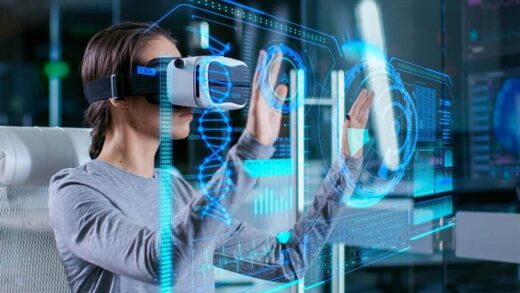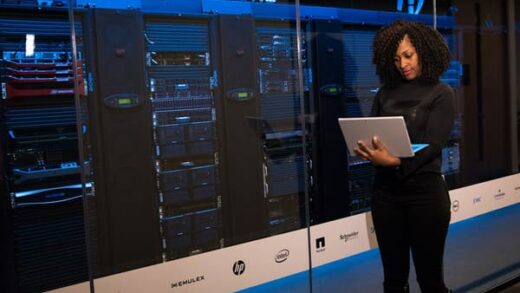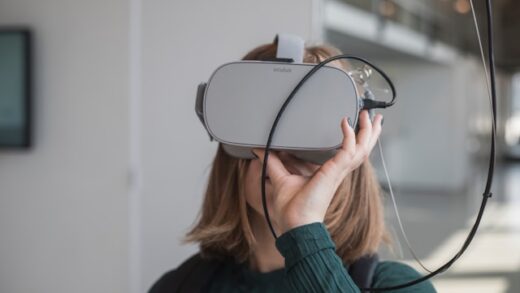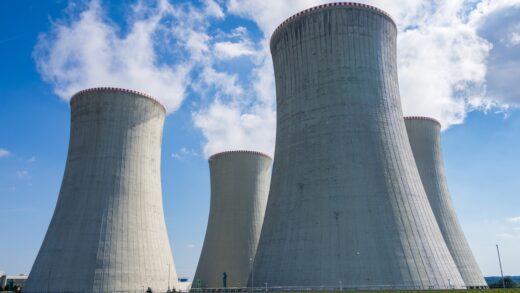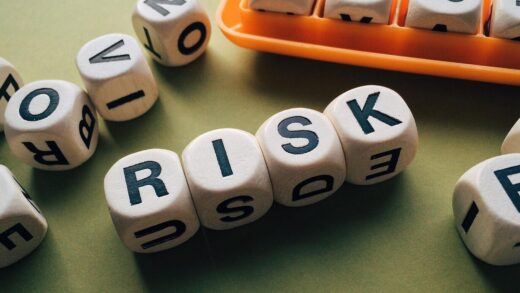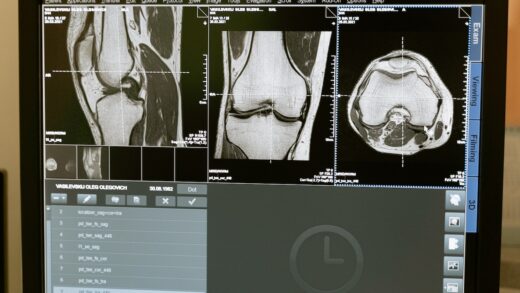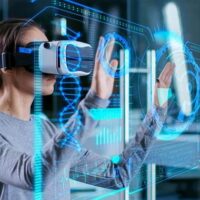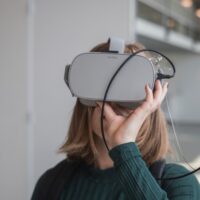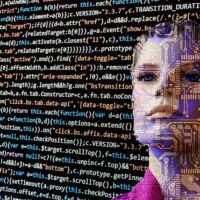The idea of what kind of business will be relevant in the future is constantly changing, causing a lot of discussion and forecasts. At the same time, it is one thing to predict, and another thing to shape this future, which is directly related to innovative thinking and technological breakthroughs that reflect the level of development of the economy, technology and production. Zaur Dzakhmishev, Executive Director of Orange Foods and Orange Consultng, talks about the future.
Based on trends, the main features of business models that will be in demand in the coming decades are already being predicted. And these are, first of all, businesses and technologies that allow you to save time as much as possible and are distinguished by multifunctionality (providing a variety of high-quality goods and services in one place, or with one click). High-tech startups will become commonplace. We expect multiple development of online. Not production, but ideas are the main need of the present and future times. Already now they are ready to pay huge money for ideas. Today, the number of goods many times exceeds consumption. Therefore, ideas are the most scarce and sought-after commodity along with breakthrough technologies.
Many people ask the question “How to generate ideas”?
There are many ways to find and implement the best business idea of the future: Conduct large-scale research and study statistical data, analyze changes in various areas of human life and, on this basis, make forecasts Rely on your intuition , pay attention to the events taking place around you and quickly implement the urgent needs of society. For example, to implement business ideas based on a situational model, which I will talk about a little later. Each of us has our own subjective understanding of the businesses of the future. And of course I have it too. From all the variety, I would single out a couple of ideas, scientific discoveries, the development and implementation of which will radically change the world and the way of life of all mankind. And earlier, we could perceive it as something fantastic, utopian and unrealizable, but now technologies are developing so rapidly that you will inevitably believe in what seemed unthinkable. These are ideas like: Creation of a chip-translator on the basis of artificial intelligence into all languages of the planet and “firmware” it in the ear. This will have a tremendous impact on the development of mankind, because the language barrier between representatives of different peoples will disappear. Teleportation , as one of the technologies of the next century, may well become a common mode of transportation. Vehicles in the form of drones against the background of this technology will be perceived as babble.
The IT sector will continue to be in demand and profitable. Virtual worlds, neural interfaces (systems for exchanging information between the brain and an electronic device), various systems at the intersection of IT with medicine, production and management will be created. In the near future, it will not surprise anyone that there will be holograms of participants at meetings and meetings
Specialists in cybersecurity, artificial intelligence and robotics, the creation of new materials, biotechnology, and genetic engineering will be in great demand. The business ideas of the future will be related to the search for alternative energy sources, new construction technologies, the creation of “smart” systems and innovative power grids. In the United States, “smartgrid” is actively developing – a smart power system. The Russian analogue is called IES AAS – an intelligent electric power system with an active-adaptive network.
It is important to understand that the technologies of the future will not differ by industry. This is the formation of an absolutely breakthrough technological order – the transition from mechanical to physical-chemical and gene-cellular technologies with a multiple increase in the efficiency of the economy. It will become less material and energy intensive, but at the same time it will require an increasing amount of intellectual effort. Serious metamorphoses await business formats. And, it seems to me, these formats will be determined, as before, by the situational model . For example, let’s imagine a business format such as “Beer Shop” , which sells only 100 types of beer and 100 types of various beer snacks. Will he be popular?
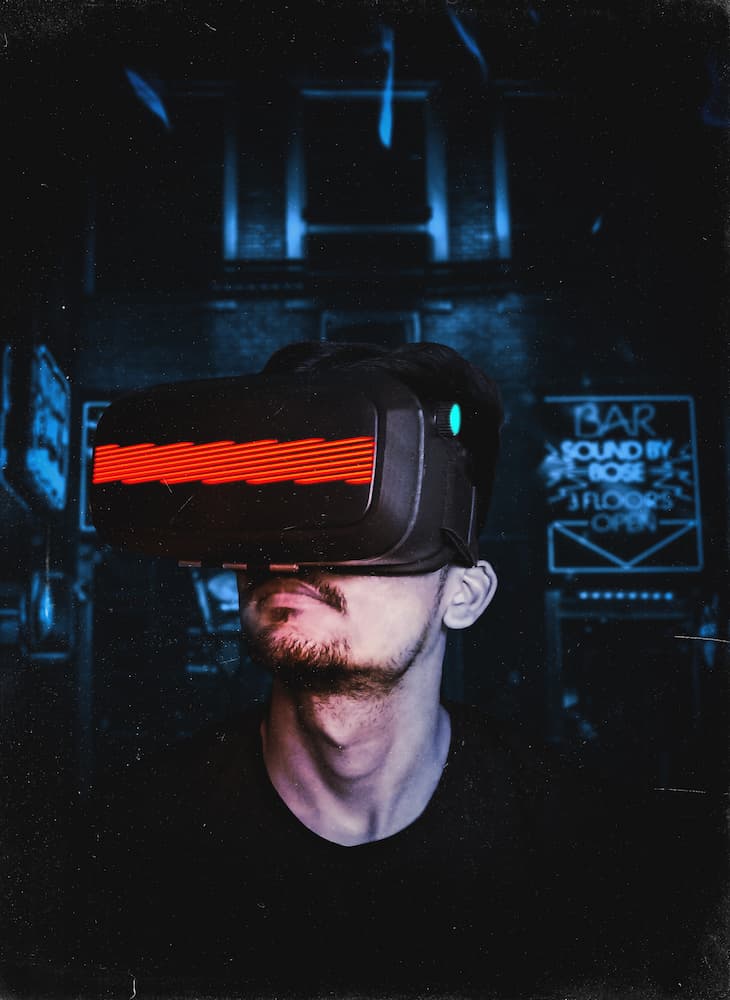
Will he be popular
Most likely, it will be, since this trading format relies on a specific situational model: “drink beer”. And the assortment of this store as a whole corresponds to this situational model. And now imagine that we have added 20 varieties of raw fish to the assortment. Will this format be in demand? Hardly. It is clear that from the point of view of common sense, such an option is simply absurd, but still a clearer answer is needed to the question why this trading format will not work? Yes, simply because raw fish does not fit into the “drink beer” situational model. Either the “cook fish” model or the “drink beer” model works. Why did I give this example? Moreover, the business formats of the future will be determined by the situational model and consumer logic, taking into account the new time, worldview and the needs of new generations. Now there are a lot of investors who do not know where to invest their money and a lot of entrepreneurs who want to change their unprofitable business format to a highly profitable and stable one. These are the needs of our business elite. If we talk about the food-related businesses of the future, then, in my opinion, they will undergo significant changes, although some trends will remain unchanged. I mean natural products, healthy food and vegetarian food, for which consumption is growing and has great prospects. We are expecting a fashion for so-called totalism – complete abstinence from alcoholic beverages. I predict that the grocery retail business, in its current form, will go into oblivion and the retail format of the future will be a “ smart kitchen” in every apartment that will order products. The consumer will be in direct contact with food producers through his “smart kitchen”.

